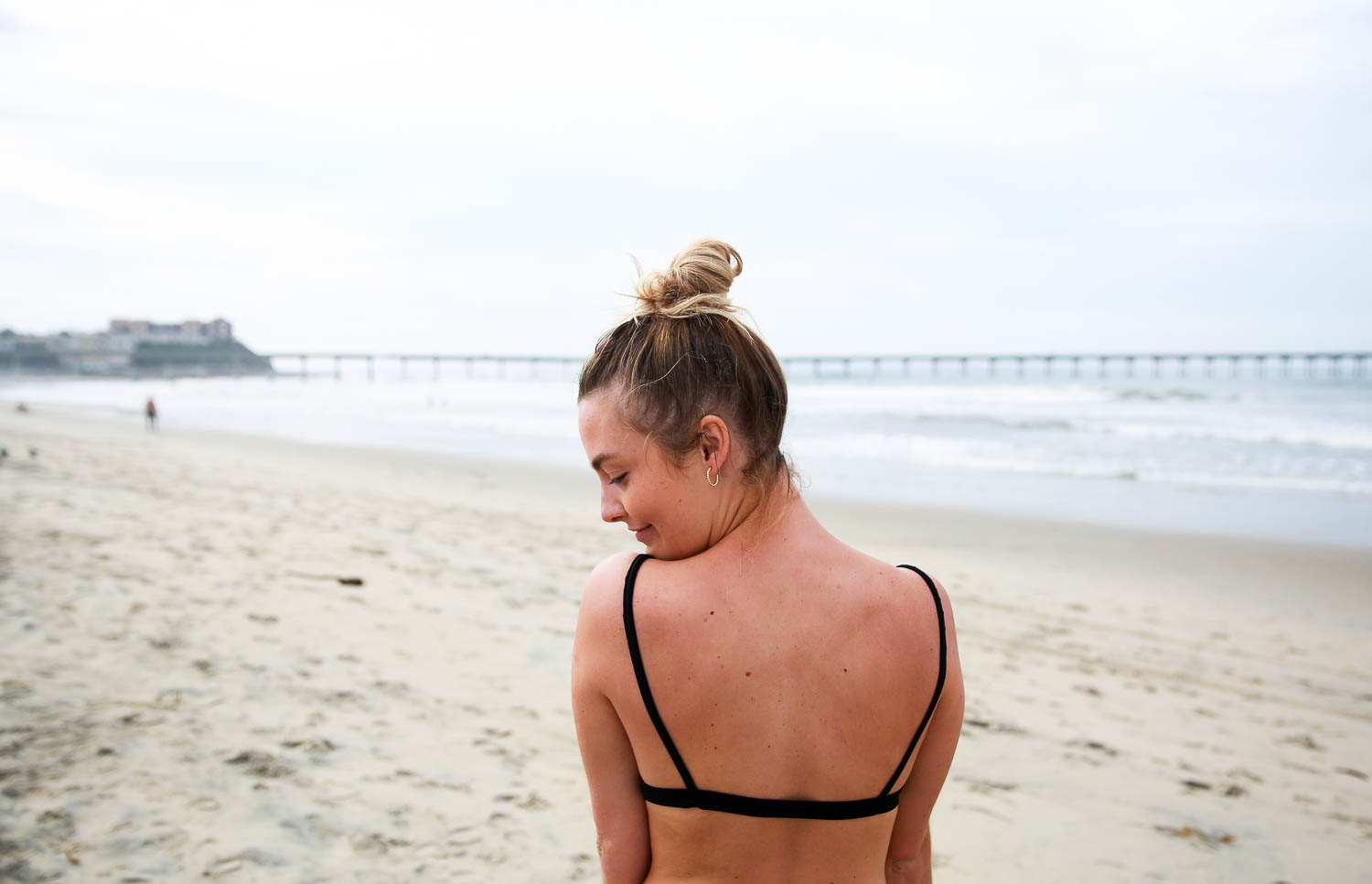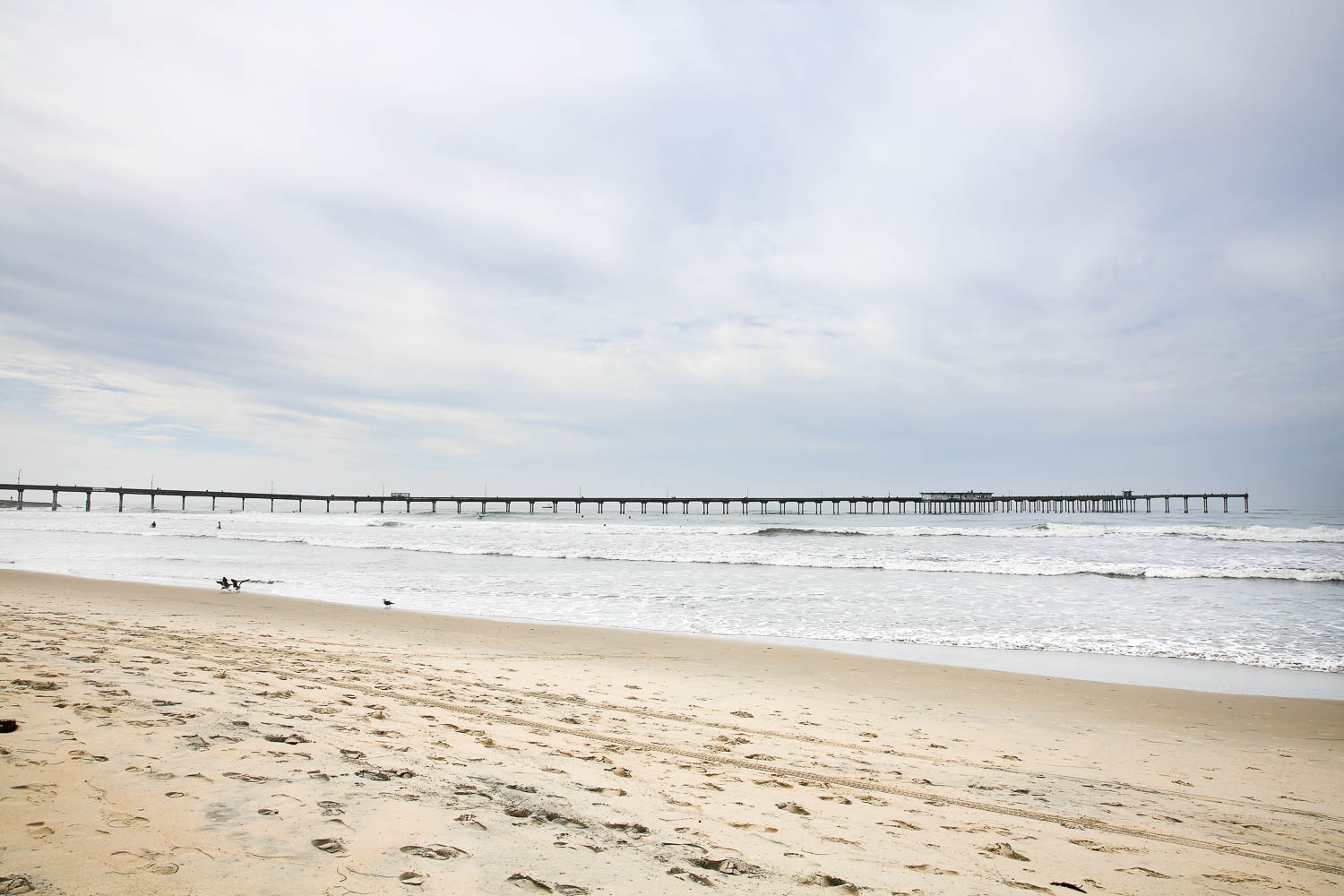Oh, how I loved our Ocean Beach. Just steps from our house, we naturally spent some time here when visiting San Diego, especially in the early mornings. People start their day here by drinking coffee, doing yoga or taking a run or a walk with their dog. So extremely peaceful yet so close to the city. Something beautiful about that. Now I wanted to share with you 3 gratitude exercises that is part of the 21-day program I’m going through in the book Gratitude Works! by Robert A. Emmons. Enjoy these exercises wherever you are.
/ Åh, som jeg elsket Ocean Beach. Bare noen få steg fra stranden brukte vi naturligvis litt tid her, særlig om morgenene. Folk starter dagen sin her ved å vandre langs stranden med morgenkaffen, ved å gjøre yoga eller ved å gå tur med hunden. Så ekstremt lun og behagelig strand. Nå vil jeg dele tre takknemlighetsøvelser som er del av det tjueen dagers programmet jeg går gjennom i boken Gratitude Works! av Robert A. Emmons. Nyt disse øvelsene hvor enn du befinner deg og finn roen.
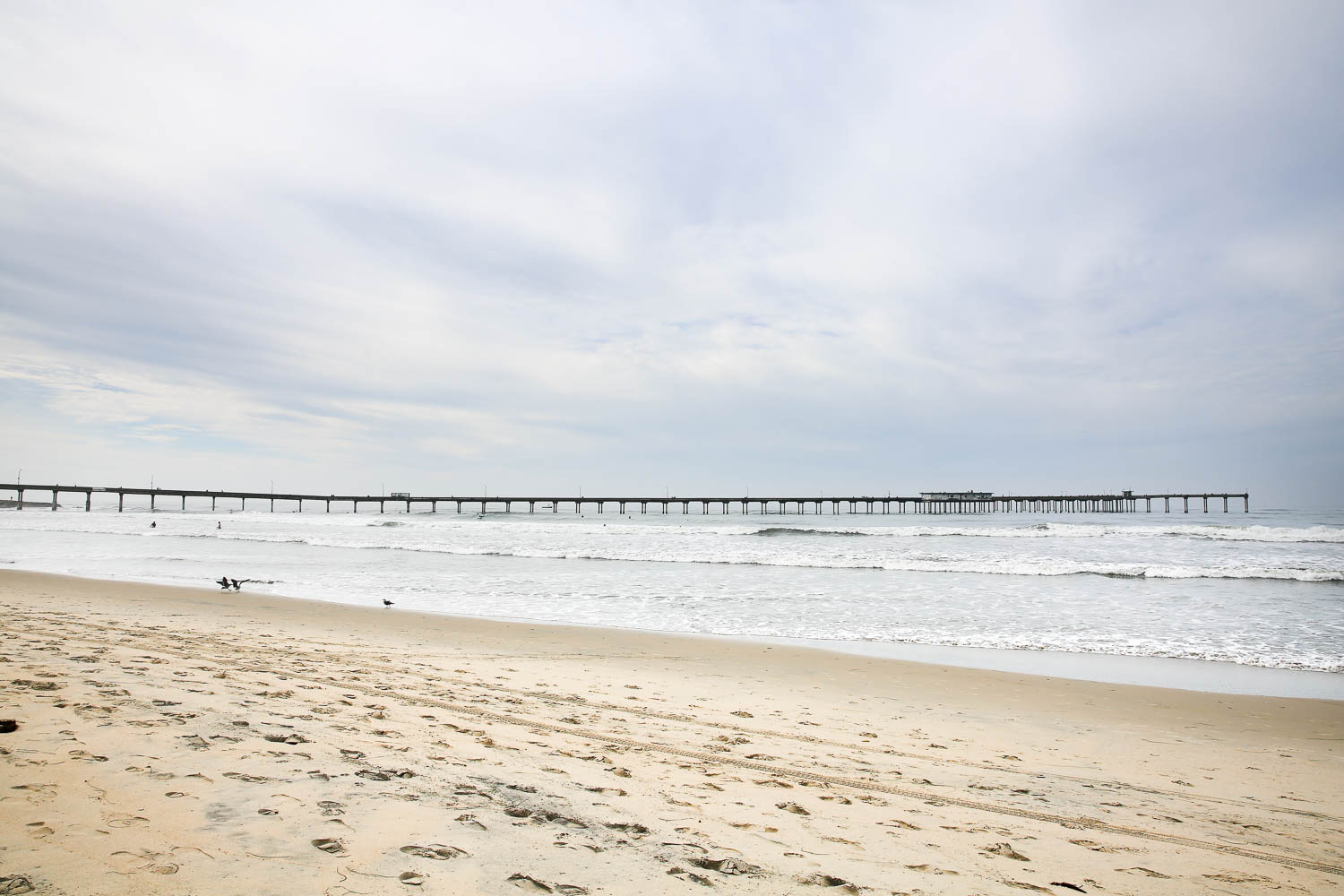

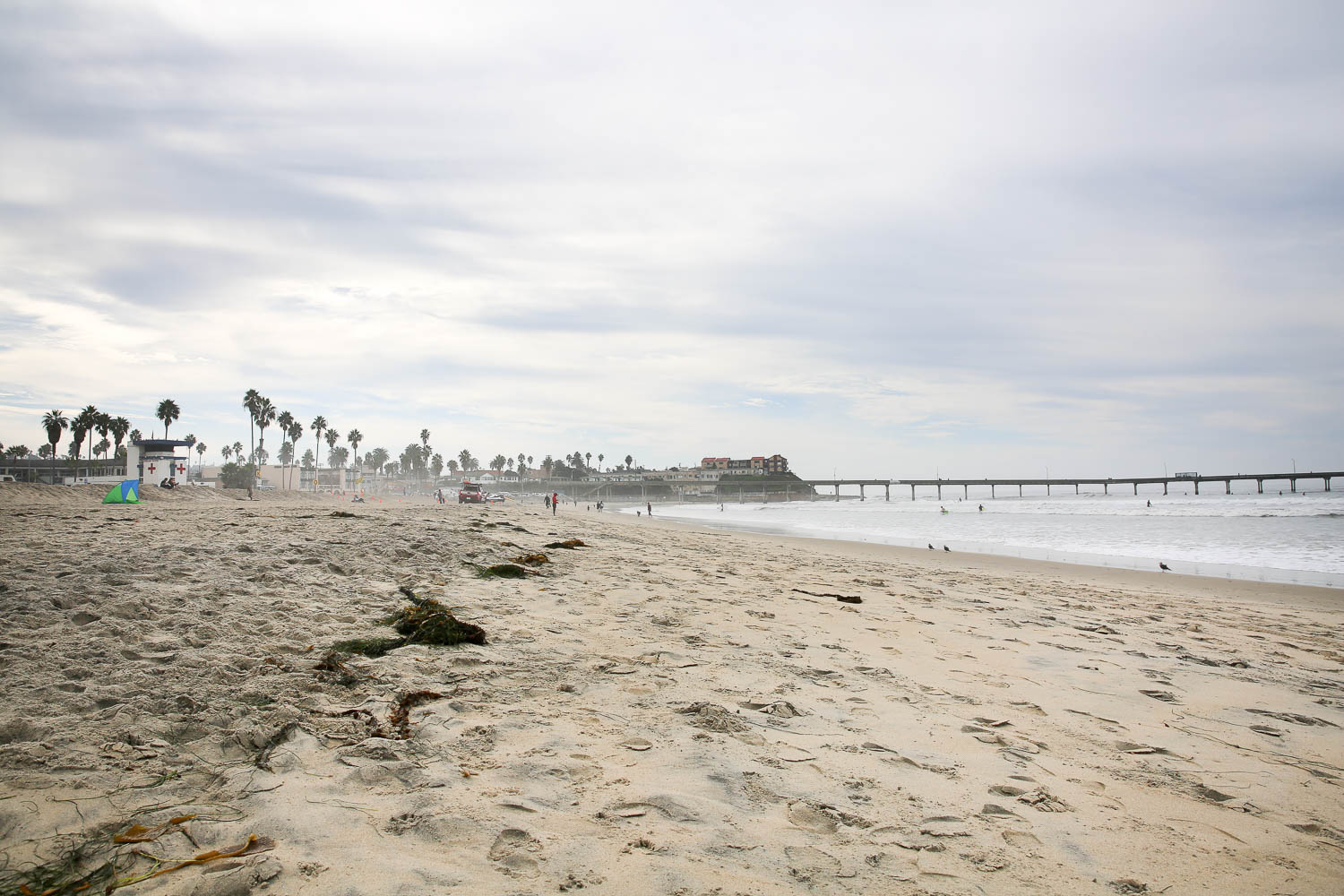
TO WHOM FOR WHAT?
There is a difference between feeling grateful about something and feeling grateful to someone. Brother David Steindl-Rast distinguishes between thankfulness and gratefulness. Thankfulness, for Brother David, is a much more personal experience that occurs when we have benefitted from a specific kindness from another person. To say that one is thankful to someone and grateful for something seems to be the more commonly preferred usage. More significant is the fact that thanking and thinking are cognates. To thank originally meant to think of a gift and has come to mean the feeling aroused by these thoughts and their expression in a thankful attitude. When we thank, we think—namely in terms of giver, gift, and receiver. This exercise is designed to stimulate a sense of thankfulness.
Many circumstances or events can elicit thankfulness but it is most often a response to a benefit received from another person or God. In this activity you will focus on those things in your life that you might be grateful or thankful for and the source or provider of these good things. Who has provided you with a benefit? Your spouse? A neighbor? Coworker? One of your students? Your favorite sports team? Think back over the day and write down up to five things for which you are thankful and who provided this gift or benefit to you. You can use this format: ∗∗∗ I am grateful to __ for __.



THE GIFTED SELF
In this activity you will focus for a moment on benefits or “gifts” that you have received in your life. These gifts could be simple everyday pleasures, people in your life, personal strengths or talents, moments of natural beauty, or gestures of kindness from others. We might not usually think about these things as gifts, but that is how I want you to think about them. Slowly repeat the word gift or a phrase such as I am gifted or I have been gifted several times. Be aware of your feelings and how you relish and savor this gift in your imagination. Take the time to be aware especially of the depth of your gratitude. Contemplate the value of these gifts and then write them down in your journal.
There is a second part to this exercise. Receiving a gift often ignites a desire to reciprocate. Ask yourself the question, “In what ways might I give back to others as an appropriate response for the gratitude I feel?” Be creative. Is there a way that you can pass along the gift to others? Can you “pay it forward”? Who can you tell about this gift you received? Can you perform a nonrandom act of kindness? Offer to pay for the person’s coffee behind you in line, toll for the automobile behind you at the toll plaza, or car behind you in the fast-food drive-thru? Maybe there is an elderly person in your neighborhood who might need assistance with grocery shopping, errands, or other household chores. Put some coins in a meter that is about to expire. Help someone who appears to be lost. Teach a skill to a child. The list is endless. Passing on the gift is the best way to demonstrate gratitude for it.
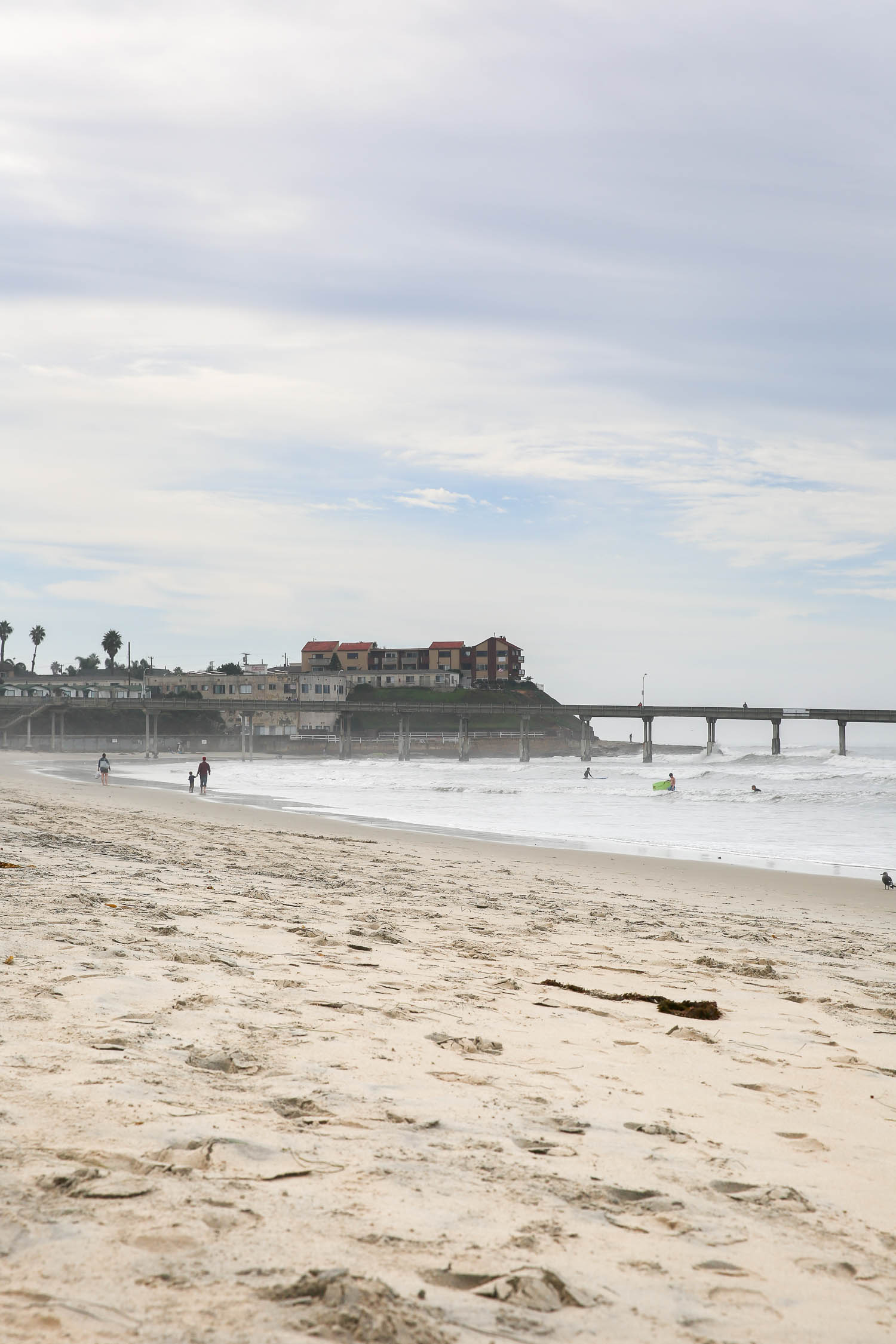
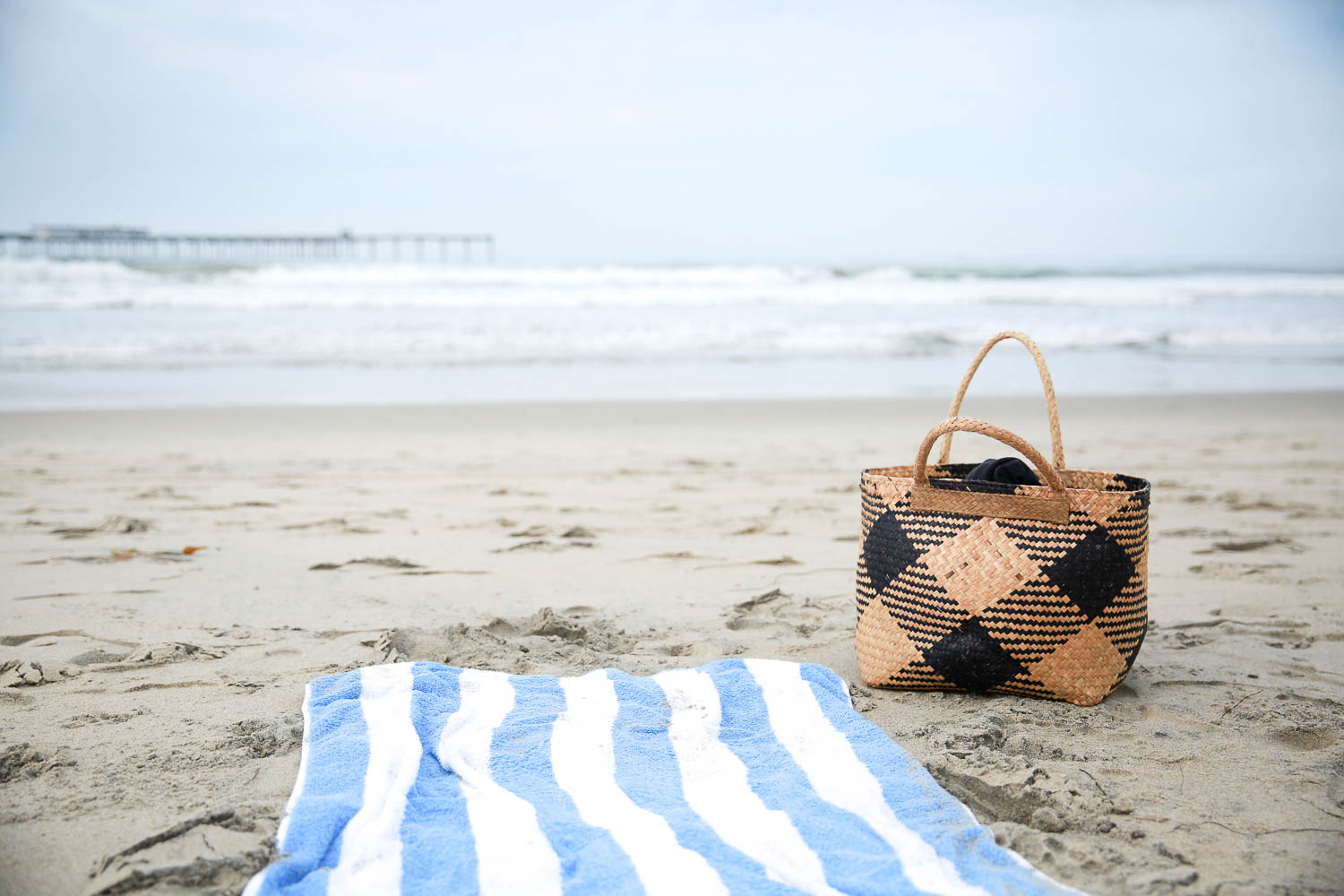
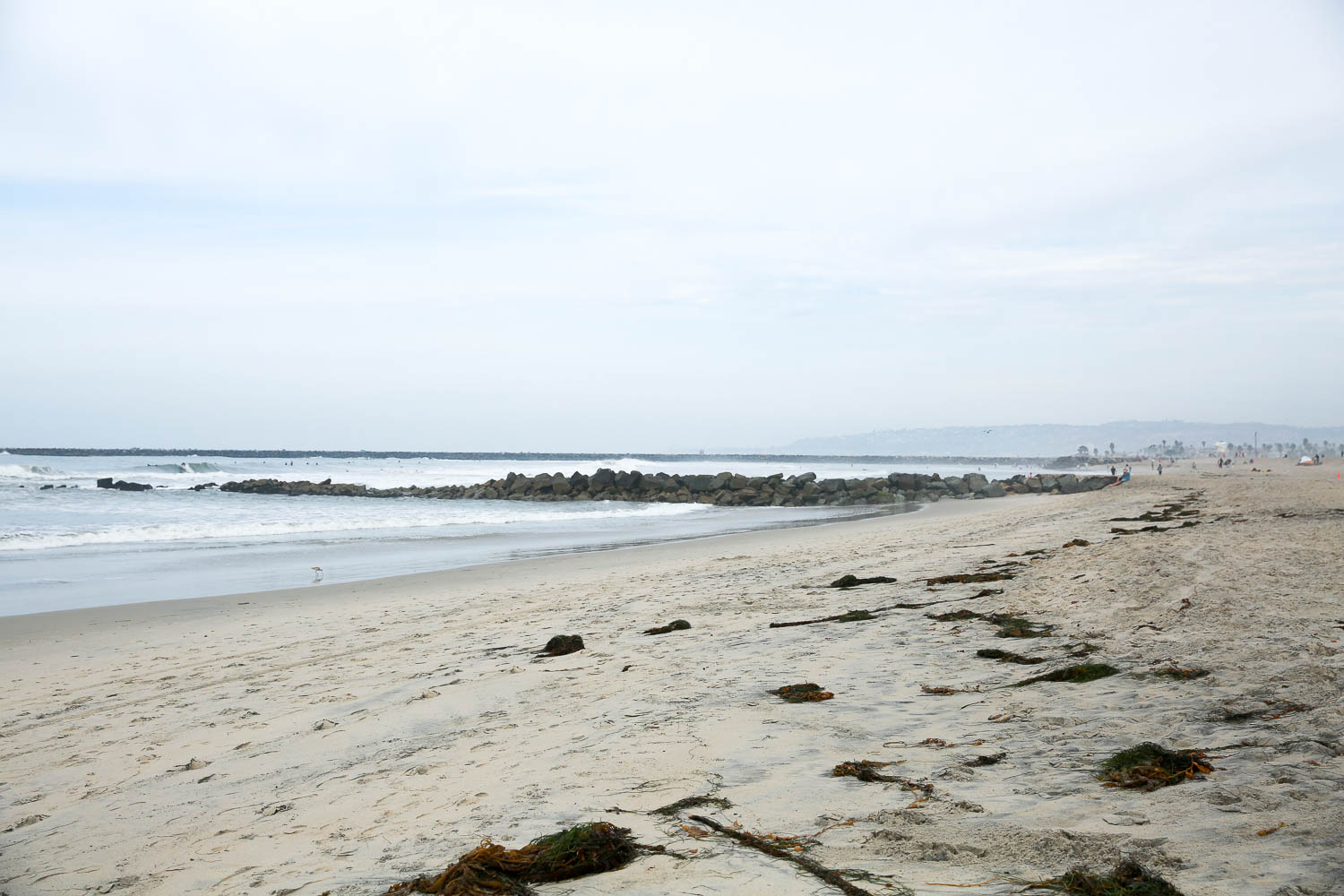
LOOKING TO THE FUTURE
When people believe that a positive life event is about to end, they are more likely to appreciate it more and make more of an effort to capitalize on the remaining time. A sense of “now or never” can impel us to make the most of every day. In this exercise, choose an activity, event, experience, or relationship (let’s call it x) that may be ending soon. Keep in mind that you only have a short amount of time left to spend doing x or being with x. Maybe it’s a job that you have, a class that you are taking, a team that you are on, or a place where you are living. This chapter of your life will end soon. Try to select an experience in which you have between one and three months remaining. Given how little time you have left with x, write about why you are grateful for x.
